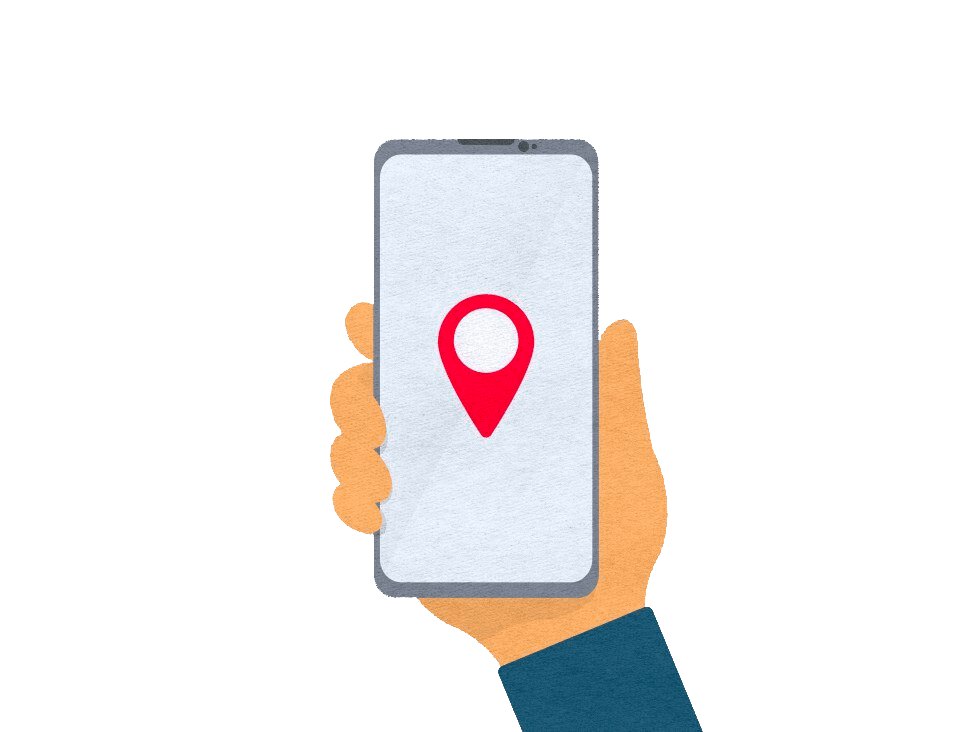Surviving the Holidays While Staying Sober: A Personal Perspective

As someone who’s navigated the challenges of sobriety for many years, I understand the complexities that the holiday season can bring. In our recent episode of the Addiction Help Podcast, we explored several strategies for staying sober during these times. Let’s delve deeper into these strategies and share insights from my journey and our podcast discussions.
Understanding the Holiday Sobriety Challenge
Holidays bring a mix of joy and stress, often intensified for those in recovery. The prevalence of alcohol in festivities can be a trigger for many.
Our podcast highlighted a startling statistic: 50% of people find alcohol a significant part of their holiday gatherings.
Holiday Season Addiction & Mental Health Statistics
- The Surprising Reality of Holiday Substance Use: The National Institute on Alcohol Abuse and Alcoholism reports that people drink 33% more alcohol between Thanksgiving and New Year’s compared to other times of the year. This spike in substance use can pose a significant challenge for individuals in recovery.
- Mental Health Strains During the Holidays: A startling 64% of people with mental illness find their conditions worsen during the holidays, according to the National Alliance on Mental Illness (NAMI).
- Increased Risk of Emergency Room Visits: The Substance Abuse and Mental Health Services Administration (SAMHSA) notes a 50% increase in alcohol-related ER visits during Christmas and New Year’s.
- Combatting the Holiday Blues: With about 10% of the U.S. population experiencing “holiday blues,” as per Mental Health America, it’s important to recognize and address these feelings.
- Navigating Relapse Risks: The holiday season sees higher relapse rates, as highlighted by the Journal of Studies on Alcohol and Drugs.
- Prescription Medication Uptick: The American Psychological Association points out an increase in the use of prescription medications like anti-anxiety drugs during the holidays.
- Dealing with Seasonal Affective Disorder (SAD): SAD affects about 5% of adults in the U.S., with symptoms peaking during fall and winter, according to the American Psychiatric Association.
This underlines the importance of having a plan to maintain sobriety.
Detailed Strategies for Staying Sober During The Holidays
Develop an “Escape” Plan
- Why It’s Important: Being in an environment where alcohol is present can be challenging. Having an escape plan gives you control over your situation.
- How to Implement: Drive yourself to events to leave at your discretion. Identify someone you can call if you need support or a reason to step out. Remember, there’s no shame in leaving early if it means protecting your sobriety.
Create New Sober Traditions
- Why It’s Important: Old traditions may be closely tied to substance use. Creating new ones can redefine the holiday experience.
- Ideas: Host a sober dinner party, engage in outdoor activities like hiking or ice skating, or start a holiday craft night. These activities create a new sense of joy and celebration that doesn’t revolve around alcohol. Another personal favorite of mine is hiking.
Rely on Your Support System
- Why It’s Important: A strong support system provides a safety net during vulnerable times.
- How to Implement: Schedule regular check-ins with a sponsor or support group. Don’t hesitate to reach out to trusted friends or family members when feeling overwhelmed.
Practice Self-Care and Mindfulness
- Why It’s Important: Self-care helps manage stress, a common trigger during the holidays.
- Methods: Engage in activities that promote relaxation, like yoga or meditation. Allocate time for hobbies that bring you joy. Prioritizing your well-being is crucial in maintaining sobriety.
Set Realistic Expectations
- Why It’s Important: Overly high expectations can lead to disappointment and stress.
- How to Approach: Understand that feeling a range of emotions is okay. Set boundaries for yourself, and don’t overcommit to social engagements. It’s alright to say no.
Reflect on Your Journey
- Why It’s Important: Reflection fosters a sense of accomplishment and gratitude.
- How to Reflect: Take time to journal your thoughts and feelings. Acknowledge your growth and the challenges you’ve overcome. Celebrate the small victories.
Seek Professional Help
- Why It’s Important: Sometimes, the support of friends or groups may not be enough, and professional help can provide tailored strategies.
- How to Seek Help: If you find yourself struggling, contact a therapist or counselor. Many professionals specialize in addiction and can offer targeted advice and support.
Personal Reflections
In my 18 years in recovery, I’ve realized that learning and growth are continuous. Each holiday season is a test and an opportunity. It’s about finding joy in new ways and reaffirming our commitment to a life of sobriety.
As we often say in our podcast, “It’s okay not to be okay.” This holiday season, let’s prioritize our mental health and sobriety. Embrace these strategies, reach out for help if needed, and celebrate the season in a healthy and fulfilling way.
Wishing you all a peaceful, joyous, and sober holiday season!
Merry Christmas!
-Chris Carberg
Find a Treatment Center Near You
- Treatment Center Locator
- Help You Can Trust
- Unbiased Support



